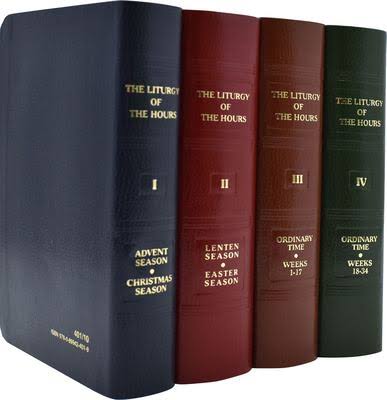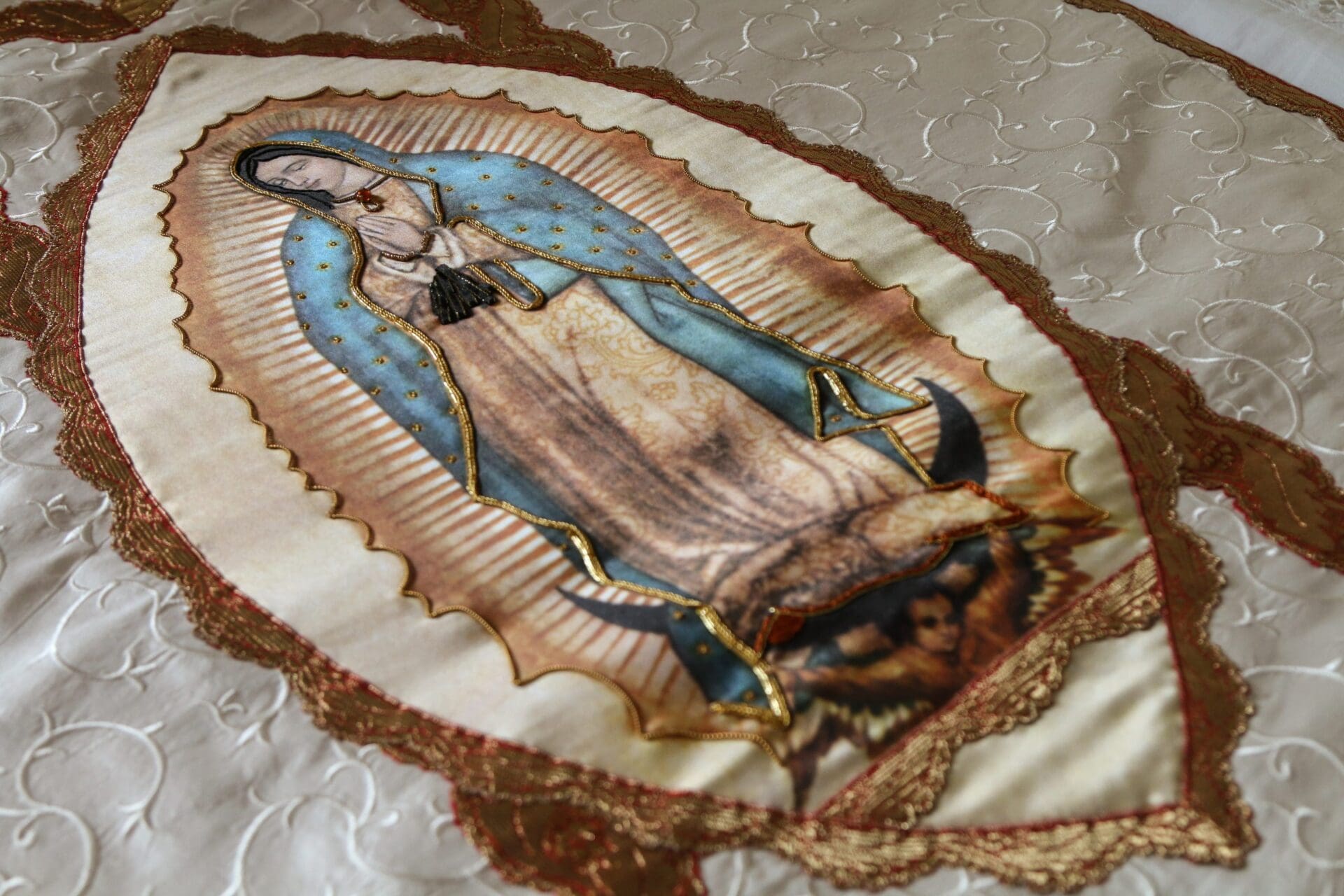From the USCCB Committee on Divine Worship Newsletter, Vol. LVI, May-June 2020:
The English translation of the corpus of hymns for the Liturgy of the Hours, Second Edition has been confirmed for the United States by the Congregation for Divine Worship and the Discipline of the Sacraments. The decree of confirmation was dated May 14, 2020 and received by the United States Conference of Catholic Bishops (USCCB) at the end of that month.
Encouraged by the Committee on Divine Worship and the Holy See, USCCB Communications has begun work on preparing a hymnal, with technical assistance provided by the International Commission on English in the Liturgy (ICEL). The hymns will be available for immediate liturgical use upon publication, but will remain optional for use in the Divine Office until the completion and implementation of the Liturgy of the Hours, Second Edition.

The 294 hymns that are included in the present Liturgia Horarum represent the long and rich tradition of Catholic hymnody and are drawn from sources both ancient and modern. The earliest works come from the fourth century, such as the frequently-used Te Deum and a number of hymns by St. Ambrose and Prudentius. Three 13th-century hymns attributed to St. Thomas Aquinas for the Solemnity of the Most Holy Body and Blood of Christ are also part of the collection: Pange, lingua, gloriosi (including the Tantum ergo hymn as its last two verses), Sacris sollemniis, and Verbum supernum prodiens (including its last two verses, the O salutaris hostia). These texts have received new liturgical translations, although more familiar translations can still be used, especially for Eucharistic Adoration.
In the 20th century, the committee working on the reform of the Divine Office after the Second Vatican Council emended and organized the hymnody, also including new hymns composed by Dom Anselmo Lentini, OSB. The most recent hymn was added to the Liturgia Horarum in February 2018, when the Holy See issued the hymn Virgo, mater Ecclesiæ for Evening Prayer of the Memorial of the Blessed Virgin Mary, Mother of the Church.
A “scope of work” for the preparation of a new edition of the Liturgy of the Hours was approved by the body of bishops in November 2012. Among other items, it was decided that the future Breviary should contain English translations of the Latin hymns from the Liturgia Horarum, and ICEL began its translation work soon thereafter. ICEL was guided by four overarching principles as it worked on the hymnody: 1) to give the full sense of the Latin text in English; 2) to produce texts that sing well, for those who sing them and who may also wish to use them in other contexts; 3) to produce texts that read well, particularly for those who recite the Hours; and 4) to produce English texts that reflect the sobriety and theological depth of the rich and living tradition of hymnody that is a treasure of the Western Church.
ICEL’s hymn translations began appearing in draft form (“Green Books”) along with other material for the Breviary starting in May 2014, and bishops in the United States and around the English-speaking world provided comments and suggestions to improve the texts. Eventually, the hymns from various sections of the Divine Office were consolidated into one collection, with the final translation (“Gray Book”) transmitted to the conferences of Bishops in May 2019.
The Committee on Divine Worship approved them the following month and presented the hymns to the Latin Church bishops for canonical vote in November 2019. Before the vote, the Committee arranged for a musical demonstration of the hymnody with a small choir from The Catholic University of America and the Fellowship of Catholic University Students, and the bishops sang two of the proposed hymn translations to both Gregorian and metrical settings. Following its approval by the USCCB, the hymns were sent to the Holy See for the requisite confirmation, which has now been received.

